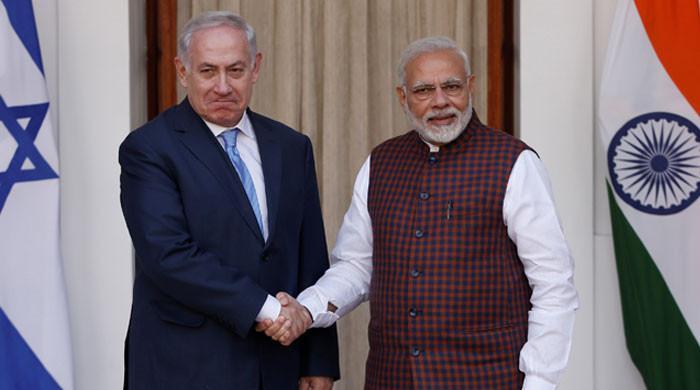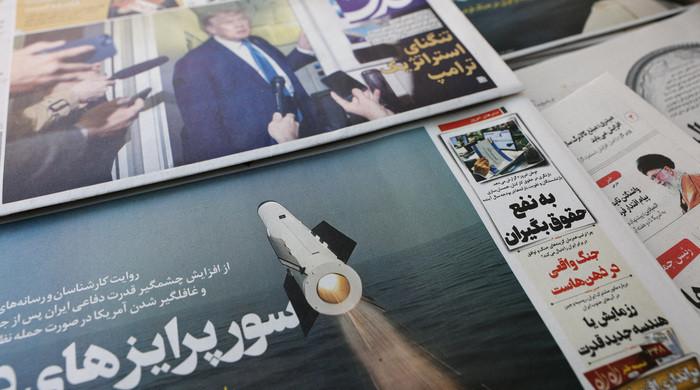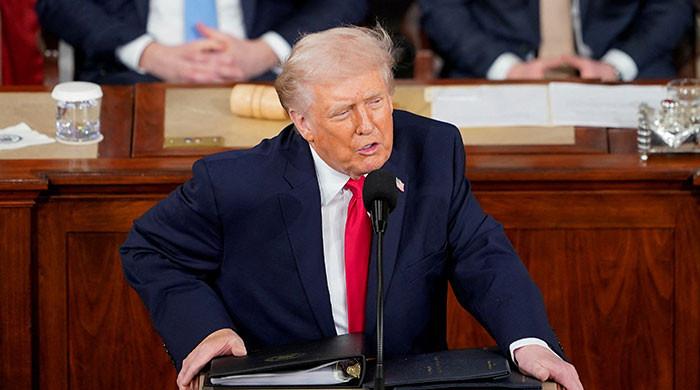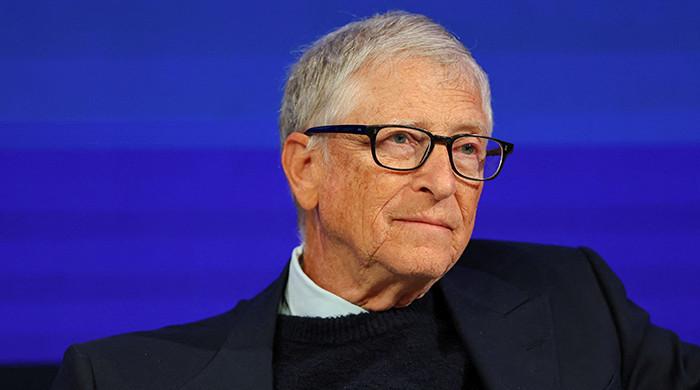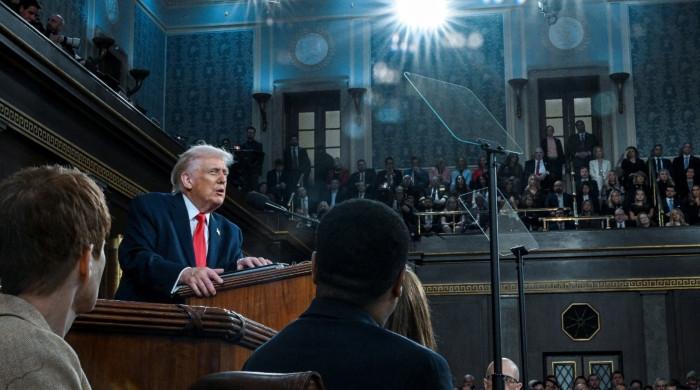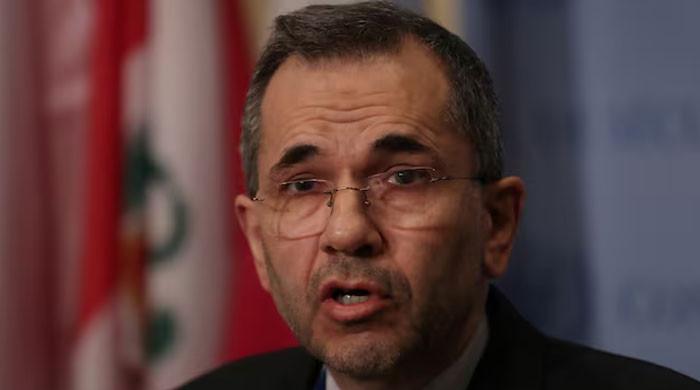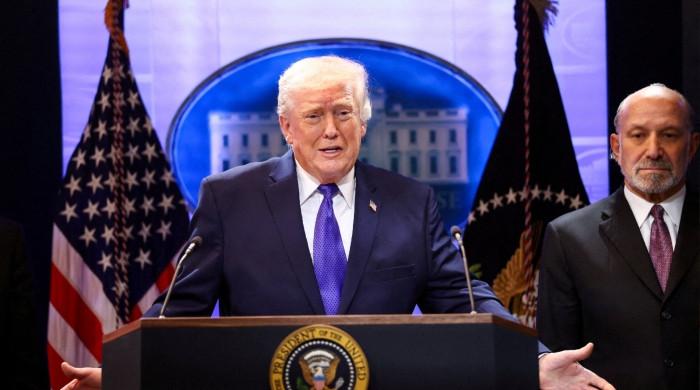Major landmarks in Europe reopened despite mounting coronavirus cases
Saint Peter´s Basilica and the Acropolis Athens are among the landmarks reopened Monday as Europe accelerated its lockdown easing
May 18, 2020
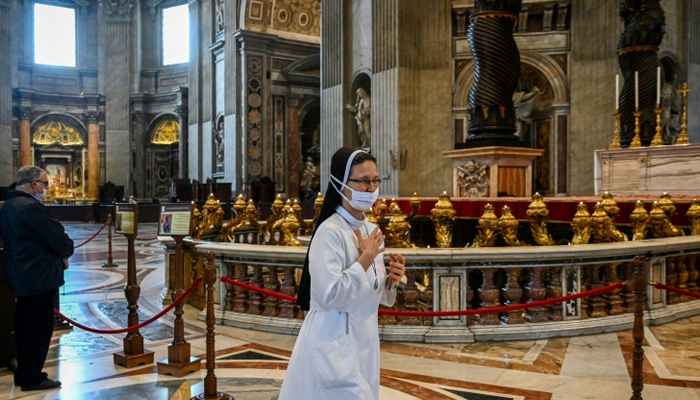
ROME: Major landmarks reopened Monday in various European states as they accelerated their lockdown easing but mounting coronavirus infections in Brazil, India and South Africa showed the worst is still to come in many countries.
Saint Peter's Basilica and the Acropolis Athens are among the landmarks reopened Monday as Europe accelerated its lockdown easing.
The relaxation of curbs in Europe comes as governments walk the tightrope of struggling to repair the vast economic damage unleashed by the pandemic while preventing new infections that would force another round of restrictions.
The World Health Organization has warned that reopening too quickly without a vaccine could trigger a second devastating wave of infections in the pandemic that has already infected 4.7 million people.
The UN agency on Monday starts a virtual global health assembly to help chart a course out of the crisis, which has seen Japan becoming the latest to slump into a recession while the Fed warned of a severe US downturn.
Once the worst-hit country in the world, Italy on Monday took its latest step in a cautious, gradual return to normality, allowing businesses and churches to reopen after a two-month lockdown.
In a live-streamed prayer Sunday, Pope Francis spoke of the "joy" of restarting services, calling it a "sign of hope for all society" as Saint Peter's Basilica threw its door open to visitors.
'Not ready'
The Vatican, an independent enclave in the heart of Rome, has applied the same anti-virus measures as Italy, which imposed strict lockdowns after a dizzying rise in COVID-19 deaths and infections that overwhelmed hospitals.
While restaurants, bars, cafes, hairdressers, and stores will be allowed to re-open in Italy on Monday, not all proprietors have jumped at the opportunity to receive customers again.
"Either they're not ready to go or they don't have the economic strength to do so," said Mauro, a construction worker sipping a coffee at the only cafe open at Rome's Piazza Navona.
In Greece, President Katerina Sakellaropoulou was among the first to visit the historic Acropolis of Athens as archaeological sites across the country reopened after two months.
Spain is also set to further ease its lockdown measures, while Germany has already taken several steps towards a return to normality, including the resumption of its top football league — but with empty stadiums.
With an eye on dampening the economic storm unleashed by the crisis, French President Emmanuel Macron and German Chancellor Angela Merkel would present plans to kick-start European Union activity later Monday.
South America, Africa hit hard
Despite the optimism in parts of Europe, the deadly pandemic remains on the march having claimed more than 315,000 lives. Deaths in Brazil have risen sharply in recent days, and with more than 241,000 infections reached over the weekend, South America's largest country now has the fourth-highest caseload in the world.
While President Jair Bolsonaro has been a staunch opponent of lockdowns, claiming they have unnecessarily hurt the Brazilian economy, experts and regional leaders have warned that healthcare infrastructure could collapse.
The far-right leader alongside several ministers greeted hundreds of supporters in the capital Brasilia on Sunday in defiance of social distancing measures, telling the crowd that the virus restrictions were too much.
Latin America and the Caribbean have recorded more than half a million infections, almost half of them in Brazil, and there is growing alarm about the impact of the virus on the least privileged in the region.
Ecuador reported the first COVID-19 case in one of its indigenous Amazon tribes, deepening the crisis in one of South America's hardest-hit countries.
Nicaraguan hospital staff have said the country's health system is overwhelmed with patients suffering from respiratory illnesses and relatives say the bodies of loved ones are being carted off in pick-up trucks for "express burials" without their consent.
"Mourners are forced to chase trucks with the coffin to find out where their loved ones are being buried," the opposition National Coalition said in a statement denouncing government secrecy.
Relatives "are threatened by police or paramilitaries so that they do not tell the truth about the causes of death," it said.
There was also grim data in Africa, where the number of infections rose rapidly.
South Africa on Sunday reported 1,160 new coronavirus infections, the highest daily number since the first case was recorded in March, taking the total to 15,515 — the highest on the continent.
In Asia, India extended its lockdown covering 1.3 billion people to the end of May as it reported its biggest single-day jump in infections on Sunday.
Deep economic pain
The pandemic has left the world economy facing its worst downturn since the Great Depression, with Japan announcing its first recession since 2015 — new evidence of the deep economic damage.
Among the hardest hit sectors is travel as borders slammed shut to curb transmission, and no-frills airline giant Ryanair warned it expects almost 50 percent fewer passengers this year at below 80 million.
The world's biggest economy is also going to suffer a massive downturn, US Federal Reserve chairman Jerome Powell warned.
"The data we'll see for this quarter, which ends in June, will be very, very bad. There'll be a big decline in economic activity, big increase in unemployment," Powell said.
He added that a full recovery may not happen without a COVID-19 vaccine.
In American virus hotspot New York, Governor Andrew Cuomo urged the public to safeguard the state's tentative reopening by proactively seeking coronavirus tests, himself undergoing a nasal swab on live TV Sunday.
In one Brooklyn park, circles were spray-painted on the grass to encourage social distancing among people basking in the spring sunshine.




